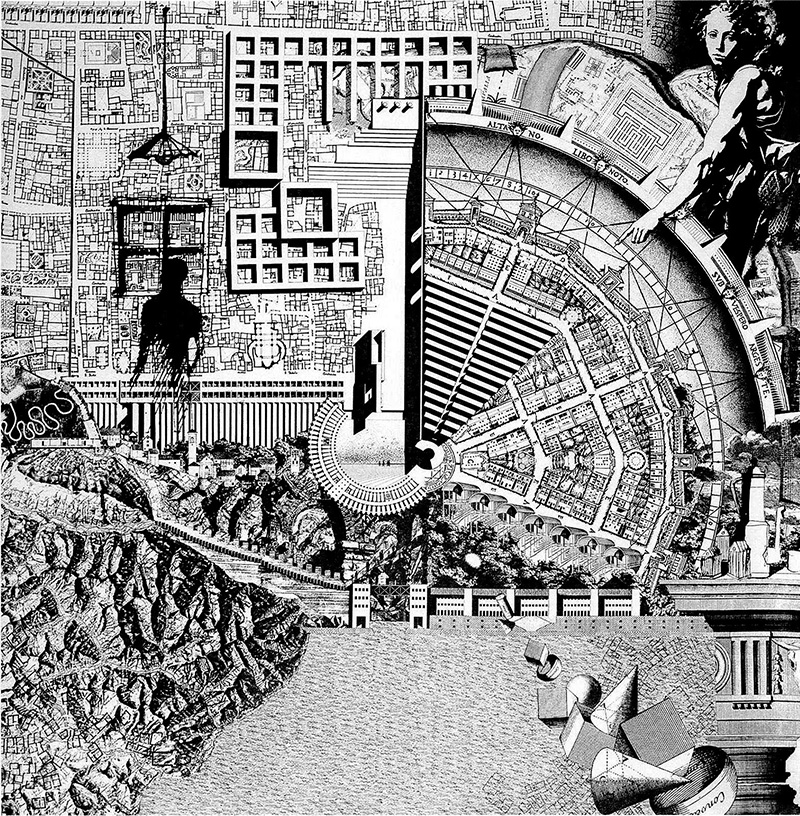Fundamentals

STUDIO THEME – CHE CASINO! (”what a mess”)
Gambling can be traced back to the Palaeolithic era, but the casino – a diminutive of the Italian casa – traces its origins to the small garden pavilions and pleasure houses of Renaissance villas before evolving into spectacular, state-sanctioned gambling palaces that turned pleasure into public and private profit.
In 20th century Sweden, the spatial manifestations of state-run gambling – kiosks, agents and clubhouses – were at once sites of entertainment, collective ritual and financial transaction, where surplus was channelled into public coffers. This uneasy alliance culminated in the era of Casino Cosmopol, whose four venues exemplify the 21st century’s reduction of architecture into pure spectacle, with form fully in service of consumption.
Now facing obsolescence as an ambiguous yet public infrastructure, the casino’s spatial ambivalence – pleasure framed by discipline – endures and resonates in today’s cultural institutions, as they turn to immersive scenographies and theatrics to capture and commodify human attention. Blockbuster exhibitions, gift shops and Instagram-friendly installations echo the mechanisms of the casino, while public museums and biennials serve simultaneously as both validators of value and drivers of speculation in the art market.
In 2024, Casino Cosmopol in Malmö closed, followed by Stockholm in 2025, marking the end of state-owned casinos in Sweden. The city of Malmö wants a new museum in its place.
Could histories of pleasure, spectacle and public gathering offer clues for this new use?
This year FUNDAMENTALS, in collaboration with Malmö Stad, explores how public infrastructures can be reprogrammed, using abandonment as a point of departure to imagine new spaces, institutions and rituals for collective life.
STUDIO METHODOLOGY
FUNDAMENTALS approaches architecture as a civic practice, positioning the architect as an active public agent. Through close reading, surveying, drawing, modelling, and image-making, students engage critically with spatial, social and cultural conditions.
The studio is a collaborative environment, in which each individual proposal contributes to a shared enquiry through dialogue and mutual critique. With equal emphasis on rigorous thinking, precise and economical design and experimental representation, we conceive of architecture as a proactive instrument – capable of shaping policy rather than merely responding to it.
Throughout the term, invited guests – architects, artists, politicians, planners and economists – challenge students to test their ideas across disciplinary boundaries in order to rethink architecture’s capacity to serve the public good.
Teachers: Carolina Wikström, Love Di Marco
